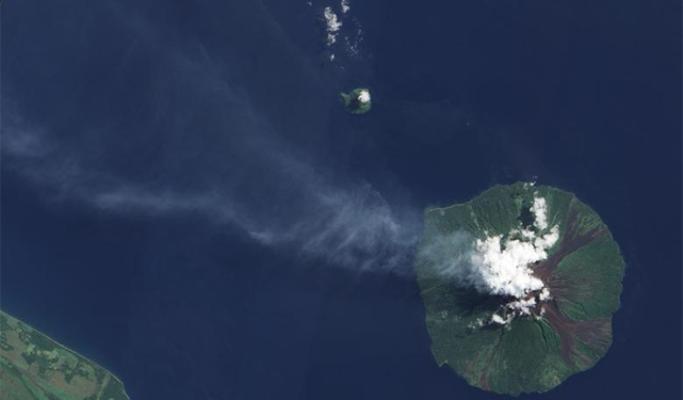A ground-breaking report highlights the value of earth and marine observing to the Asian-Pacific Economic Cooperation (APEC) economies.
Minister of Industry, Science and Technology Karen Andrews launched the report at the 2019 Group on Earth Observations (GEO) Week Ministerial Breakfast in Canberra on 7 November.
Earth marine observing (EMO) is the collection, analysis and interpretation of information on the earth’s natural systems. It has broad applications in disaster management, mining, agriculture, transport and other industries.
For example:
- It can improve transport logistics to save millions of dollars each year.
- It can monitor and predict changes in weather to deal with the impacts of natural disasters.
- In mining exploration, it is used to generate topographic maps or detect oil seeps from deep water petroleum reserves.
New digital technologies using EMO data are changing the way we live and work and offer opportunities to deliver economic growth and environmental sustainability. Governments, private businesses and individuals increasingly use EMO data to help design policies, track progress and make better economic decisions.
The value of EMO is derived from its contribution to various sectors of APEC economies. The current values are estimated for the whole region and by economy and industry. For example, the total economic value of EMO estimated for:
- Australia – $29 billion ($US 20 billion)
- whole APEC region – $543 billion ($US 372 billion)
By 2030, the projected value of EMO to APEC economies is estimated to increase to $2 trillion ($US 1.35 trillion). A further $183 billion ($US126 billion) could be realised through additional collaboration.
This report encourages further collaboration and coordination across APEC economies, in partnership with the international earth observations community.

